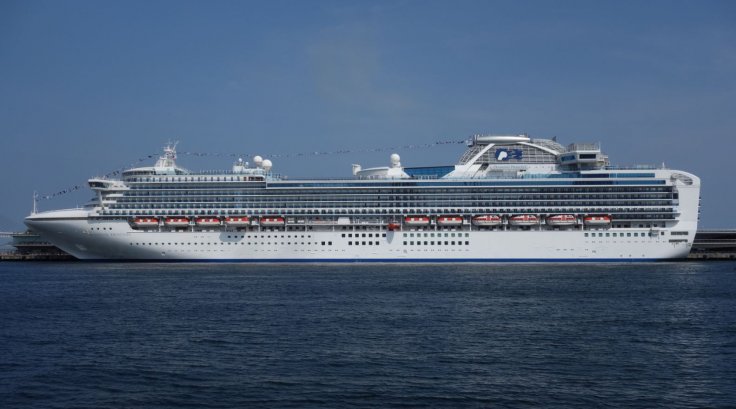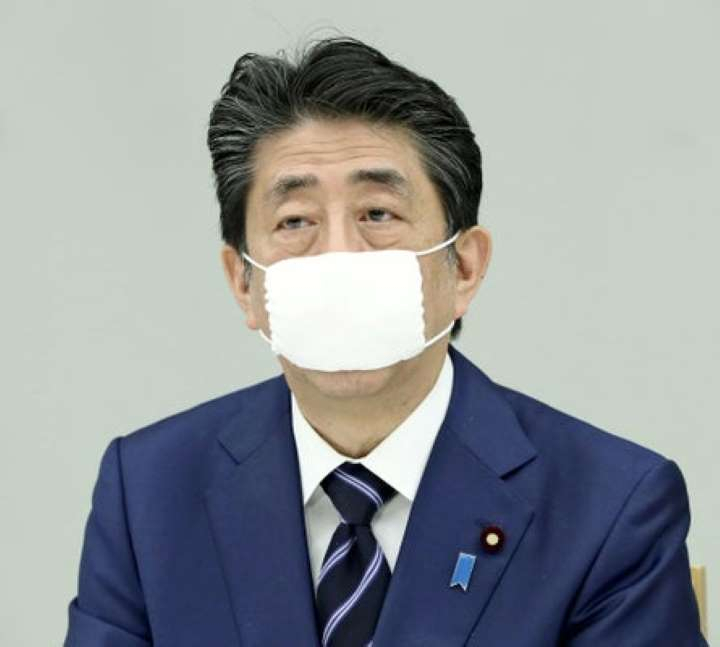Japan, which has ignored initial coronavirus cases and dragged its feet on imposing lockdown for over two months, has woken up to a grim situation and imposed national emergency on Thursday as the number of cases crossed 5,000 but the measure turned futile.
As of Friday, the number of confirmed coronavirus infections in the country surpassed 6,000 with the addition of 712 cases from the Diamond Princess cruise ship. The recorded tottal stands at 6,721 and on Friday alone, the nationwide figure soared to 464.

All those 14 returnees from China on chartered flights were found positive to coronavirus at airports and 96 health ministry or quarantine officials were the latest victims. The total death toll stands at 123, including 11 from the Diamond Prince. The capital Tokyo alone topped the list of infections with 1,705 cases, 189 new cases reported on Friday.
Osaka is next with 616, followed by Kanagawa with 419, Chiba with 387, Hyogo with 316, Aichi with 302, Saitama with 295, and Fukuoka with 289. According to the Japanese government, 1,353 people had recovered so far and 125 people are in criticial condition. eight passengers of the Diamond Prince are serious while 639 were infected on the cruise ship.
In view of the 2020 Olympics, Japan tried to minimize the number of coronavirus tests to show the world that Japan was safe to conduct the games, but the misadventure has backfired giving room to latent cases to spread the virus quickly throughout the country, said analysts.

"Medical specialist group under Abe also took advantage of it and sticked to epidemiological survey for their 'research' purpose, restricting PCR-test enabling them to trace clusters, overlooking the actual emergency response that was required during the initial stage," said a Japan national university professor on the condition of anonymity.
Instead of conducting tests on mass scale like South Korea, medical officials argued that it would cause "medical collapse" and instead opted the 'Japanese way' but the current situation has aggravated the situation to a medical collapse anyway, said the professor. "Still they do not admit the failure, nor change the policy," she noted wryly.








